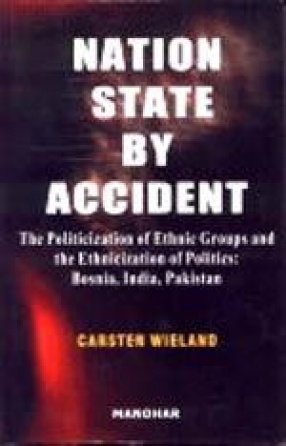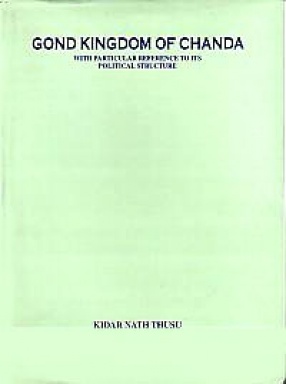In this comparative study of Muslim nation-building and so-called ‘ethnic conflicts’ the author reveals stunning parallels between the collapse of Tito’s Yugoslavia and the ethno-national separation of colonial India. In both cases Muslims ended up in a nation state of their own without the majority of them wanting one. There were no mass movements that demanded a new ‘homeland’, which contradicts modernization-theory approaches of nationalism. Wieland digs below the surface and sketches historic developments that triggered the construction and instrumentalization of ‘ethnic groups’ in both cases. He concludes that the term ethnicity has lost its academic value because it suffers from inconsistencies and strong political implications. ‘Ethnicity’ is not an existing group of people but a concept of action and political resource detached from any historic context. The ‘ethnocenter’ varies. In both the Yugoslavian and the Indian case it was religion around which secondary features were added as contrast boosters. Bosnia and Pakistan were founded under the strong influence of political elites and external political actors, like the colonial power or the international community, who themselves thought within the ethno-national paradigm and acted accordingly. This helped to create Muslim nation states despite considerable contradictions between the political action group and the ‘ethnic group’ they claimed to represent. While delivering convincing facts and new perspectives, this book is a passionate appeal for the deconstruction of ‘ethnic’ camps.
Nation State by Accident: The Politicization of Ethnic Groups and the Ethnicization of Politics: Bosnia, India, Pakistan
In stock
Free & Quick Delivery Worldwide
reviews
Bibliographic information
Title
Nation State by Accident: The Politicization of Ethnic Groups and the Ethnicization of Politics: Bosnia, India, Pakistan
Author
Edition
1st ed.
Publisher
ISBN
8173046247
Length
456p.
Subjects





There are no reviews yet.